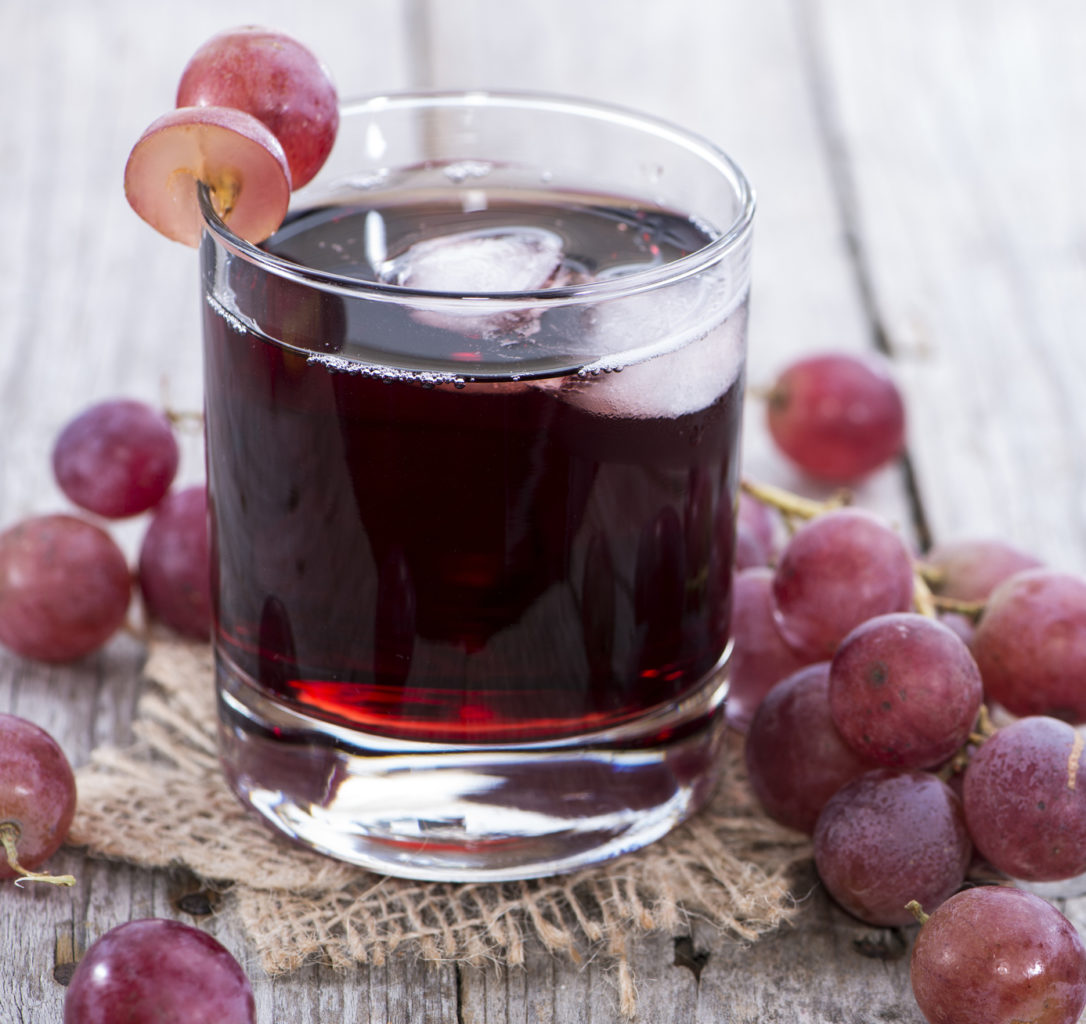By Katherine Zeratsky, RD, LD
Mayo Clinic News Network
Possibly. Some research studies suggest that red and purple grape juices may provide some of the same heart benefits of red wine, including:
- Reducing the risk of blood clots
- Reducing low-density lipoprotein (LDL, or “bad”) cholesterol
- Preventing damage to blood vessels in your heart
- Helping maintain a healthy blood pressure
Grapes are rich in health-protecting antioxidants, including resveratrol and flavonoids. These antioxidants are found mainly in the skin, stem, leaf and seeds of grapes, rather than in their pulp.

The amount of antioxidants in grapes depends on many factors, including the kind of grape, its geographic origin and how it’s processed. Dark red and purple grapes tend to be higher in antioxidants than are white or green grapes. Likewise, the level of antioxidants, such as resveratrol, found in wine varies, with higher levels in red wine.
Besides grape juice, other grape products, including dealcoholized wine, grape extracts and grape powder, may offer health benefits.
Keep in mind that it’s also beneficial to eat whole grapes — not just drink grape juice. Some research suggests that whole grapes deliver the same amount of antioxidants that are in grape juice and wine but have the added benefit of providing dietary fiber.
About the Author
Katherine Zeratsky is a Registered Dietitian with Mayo Clinic.
As a member of the Mayo Clinic Care Network, Lakeland Regional Health gains access to Mayo Clinic’s world-renowned expertise and knowledge. To find out what’s in it for you, click here.
